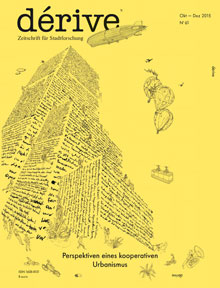linebaugh in Sekulic 2015
osition of resources. Their salient characteristic, which defines
them in contradistinction to property, is that no single person has exclusive
control over the use and disposition of any particular resource. Instead,
resources governed by commons may be used or disposed of by anyone among some
(more or less defined) number of persons, under rules that may range from
"anything goes" to quite crisply articulated formal rules that are effectively
enforced.
> (Benkler 2003: 6)
The above definition of commons, from the seminal paper "The political economy
of commons" by Yochai Benkler, addresses any type of commons, whether analogue
or digital. In fact, the concept of commons entered the digital realm from
physical space in order to interpret the type of communities, relationships
and production that started to appear with the development of the free as
opposed to the proprietary. Peter Linebaugh charted in his excellent book
_Magna Carta Manifesto_ , how the creation and development of the concept of
commons were closely connected to constantly changing relationships of people
and communities to the physical space. Here, I argue that the concept was
enriched when it was implemented in the digital field. Readdressing urban
space through the lens of digital commons can enable another imagination and
knowledge to appear around urban commons.
[](http://www.derive.at/)The
notion of commons in (urban) space is often complicated by archaic models of
organization and management - "the pasture we knew how to share". There is a
tendency to give the impression that the solution is in reverting to the past
models. In the realm of digital though, there is no "pasture" from the Middle
Ages to fall back on. Digital c
Display 200 300 400 500 600 700 800 900 1000 ALL characters around the word.